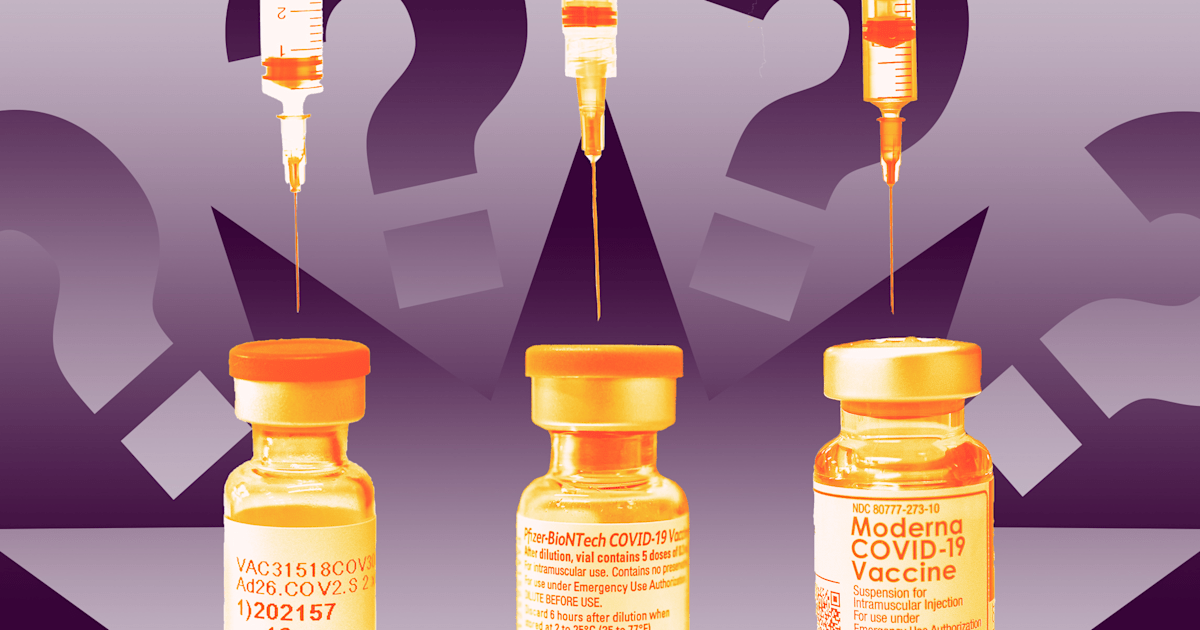Already a subscriber? Make sure to log into your account before viewing this content. You can access your account by hitting the “login” button on the top right corner. Still unable to see the content after signing in? Make sure your card on file is up-to-date.
A recent study analyzing the effects of COVID-19 vaccines on nearly 100 million people has confirmed increased risks for specific adverse effects, such as myocarditis and Guillain-Barré syndrome. Conducted by the Global COVID Vaccine Safety project, this extensive research covered 99,068,901 individuals vaccinated in Argentina, Australia, Canada, Denmark, Finland, France, New Zealand, and Scotland, focusing on the Pfizer, Moderna, and AstraZeneca vaccines.
The study tracked 13 adverse events of special interest within 42 days post-vaccination, including Guillain-Barré syndrome, Bell’s palsy, convulsions, myocarditis, and pericarditis. It found a “significant increase” in Guillain-Barré syndrome cases following the administration of the AstraZeneca vaccine within 42 days. Additionally, instances of acute disseminated encephalomyelitis (ADEM), a condition involving inflammation of the brain and spinal cord, were notably higher among recipients of Moderna’s first vaccine dose. However, inconsistencies regarding ADEM’s association with vaccines led researchers to suggest the need for larger epidemiological studies for confirmation. They specifically said there was “no consistent pattern in terms of vaccine or timing following vaccination, and larger epidemiological studies have not confirmed any potential association.”

Notably, the mRNA vaccines from Pfizer and Moderna were linked to increased myocarditis rates, an inflammation of the heart muscle, across all administered doses. Similarly, instances of pericarditis, inflammation of the heart’s enclosing sac, were significantly higher than expected after the first and fourth doses of Moderna’s vaccine. The researchers emphasized that these findings should be considered in light of their rarity and clinical relevance.
The study’s authors advised that the safety signals identified should be evaluated against the backdrop of the conditions’ severity and the overall risk-benefit balance of vaccination. They highlighted that the risks associated with SARS-CoV-2 infection itself, including for conditions like Guillain-Barré syndrome, myocarditis, or ADEM, are generally higher than those post-vaccination.
The Global COVID Vaccine Safety project, supported by entities including the CDC and the Department of Health and Human Services, acknowledges the potential conflicts of interest due to financial support or relationships some researchers have with government agencies and biopharmaceutical companies.






